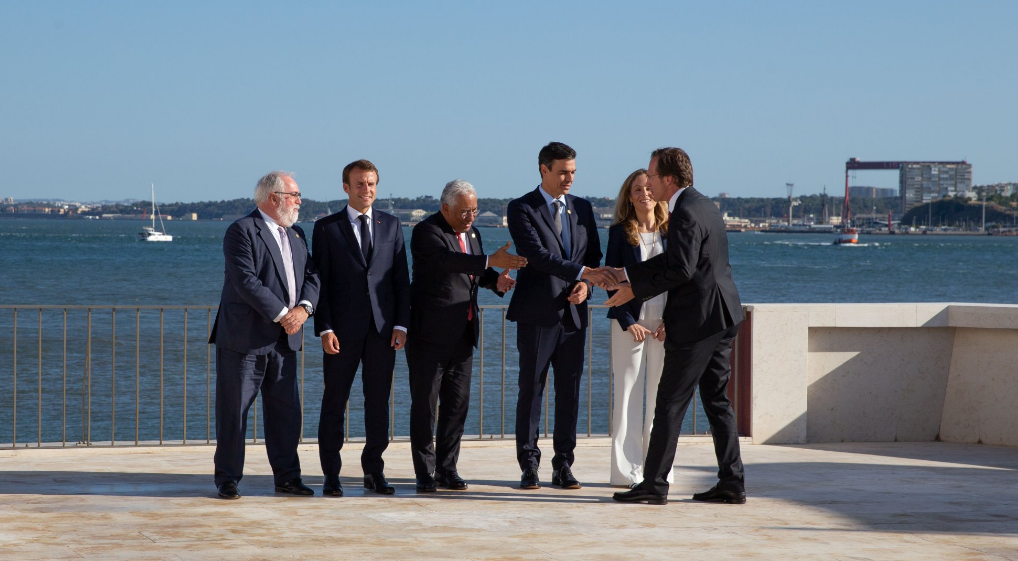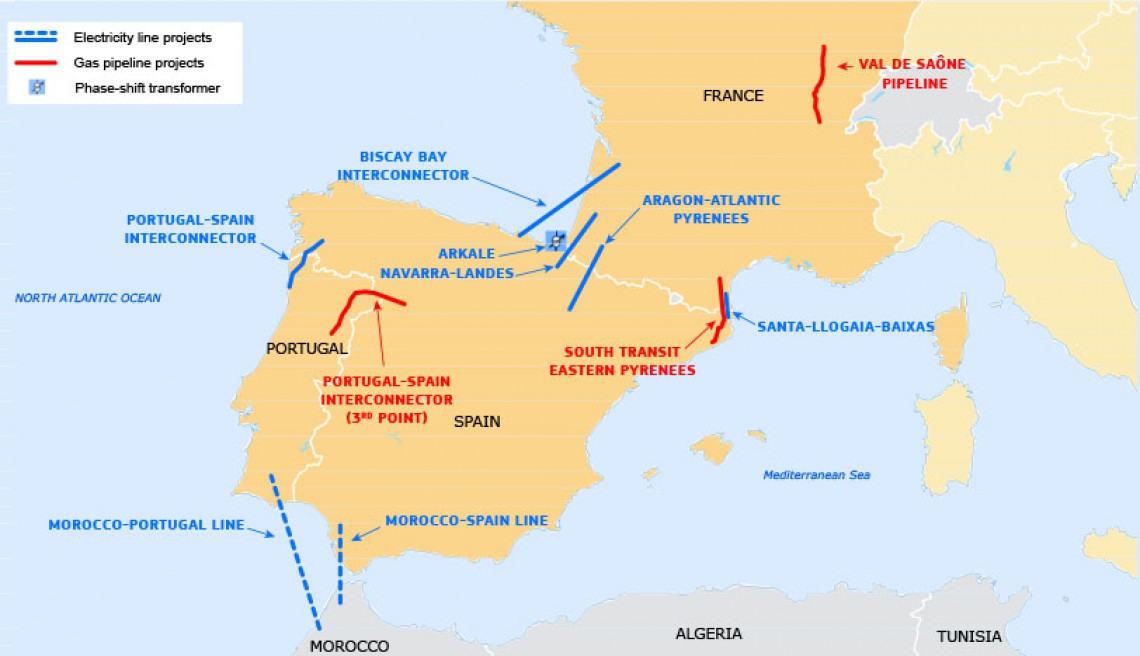On the sidelines of the Second Energy Interconnections summit on 27 July, four European leaders signed the Lisbon Declaration, aiming to strengthen regional cooperation in the framework of the Energy Union and better integrate the Iberian Peninsula into the internal energy market.
Signatories were the Prime Minister of Portugal António Costa, the President of France Emmanuel Macron, the President of the government of the Kingdom of Spain Pedro Sánchez, and, on behalf of Commission President Juncker, Climate Action and Energy Commission Miguel Arias Cañete.
Committed to establishing the European Energy Union and to promoting energy transition, the signatories reaffirm the strategic role of interconnections to achieve a fully operational, secure, competitive, clean and interconnected internal energy market, and pledge to increase energy sustainability in line with the European energy and climate commitments. They also recognize the importance of an efficient energy market for the competitiveness of the European industry and for job creation.
…the declaration reads.
The Lisbon declaration builds on the Madrid Declaration from 4 March 2015 which launched the integration process and the signatories now agreed to set up a joint ambitious agenda for successful energy transition.

In particular, they agreed to review the Implementation Plan, to develop current PCIs and to swiftly identify any new or alternative projects required in order to overcome the shortfall in interconnections between the Iberian Peninsula and France, without delaying the achievement of the interconnection targets. These new projects may also allow Portugal, France and Spain to achieve a more ambitious target by 2030.
Furthermore, the declaration underlines the necessity to develop transport, storage and import infrastructure that will allow Europe to fully benefit from LNG, in line with the Commission’s Strategy for LNG and gas storage adopted in February 2016.
Concluding, the three countries agreed to set ambitious national energy-efficiency and renewable energy targets and to coordinate the elaboration of their draft national strategies and share their energy supply hypotheses.

Explore more herebelow:
































































